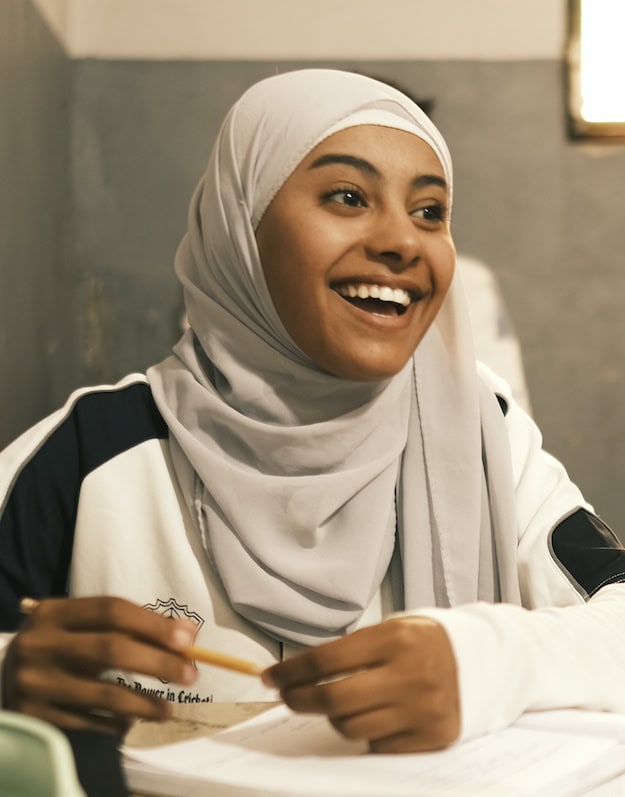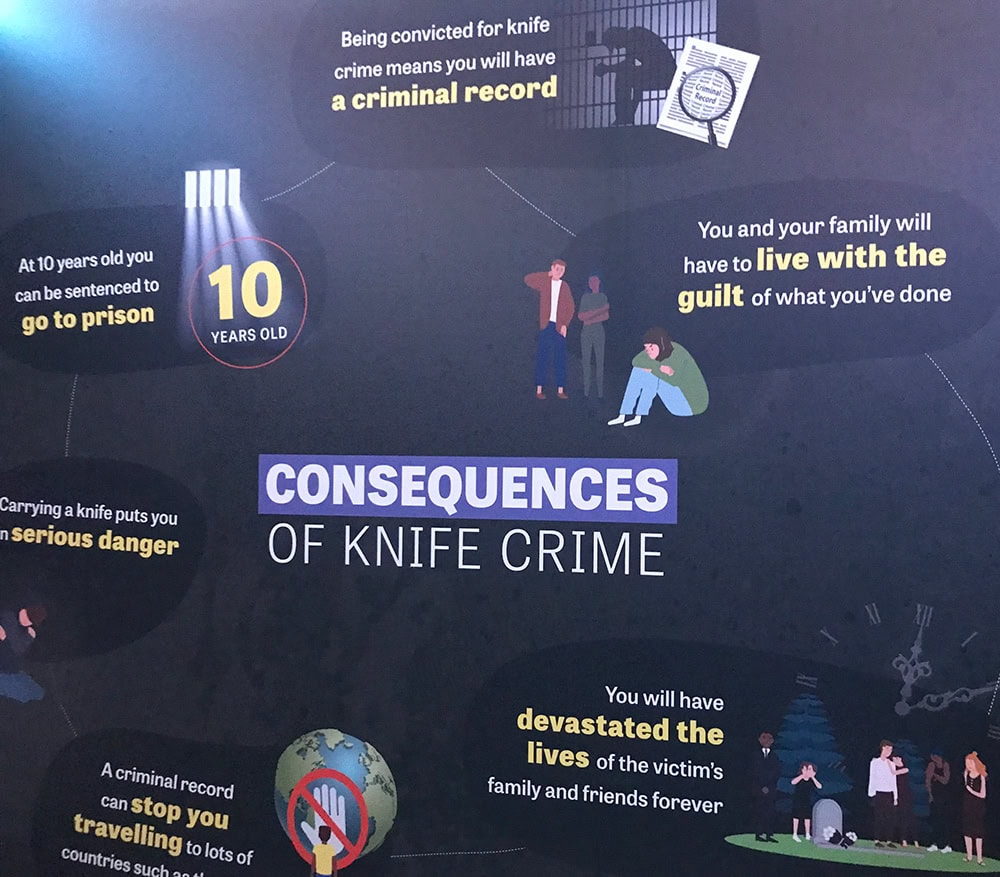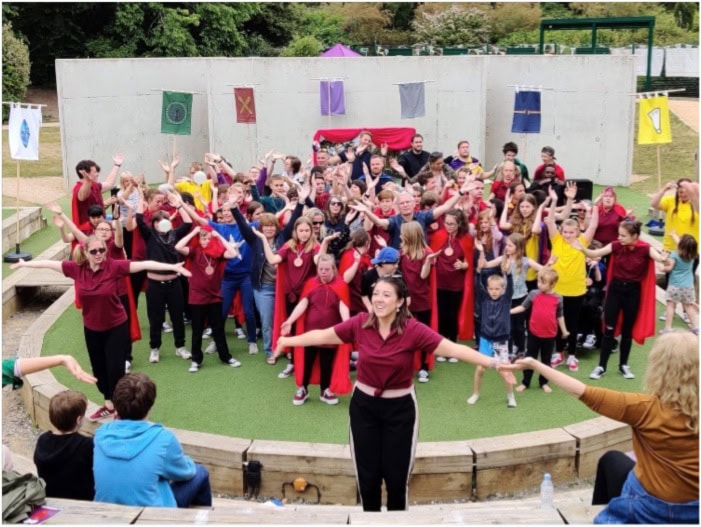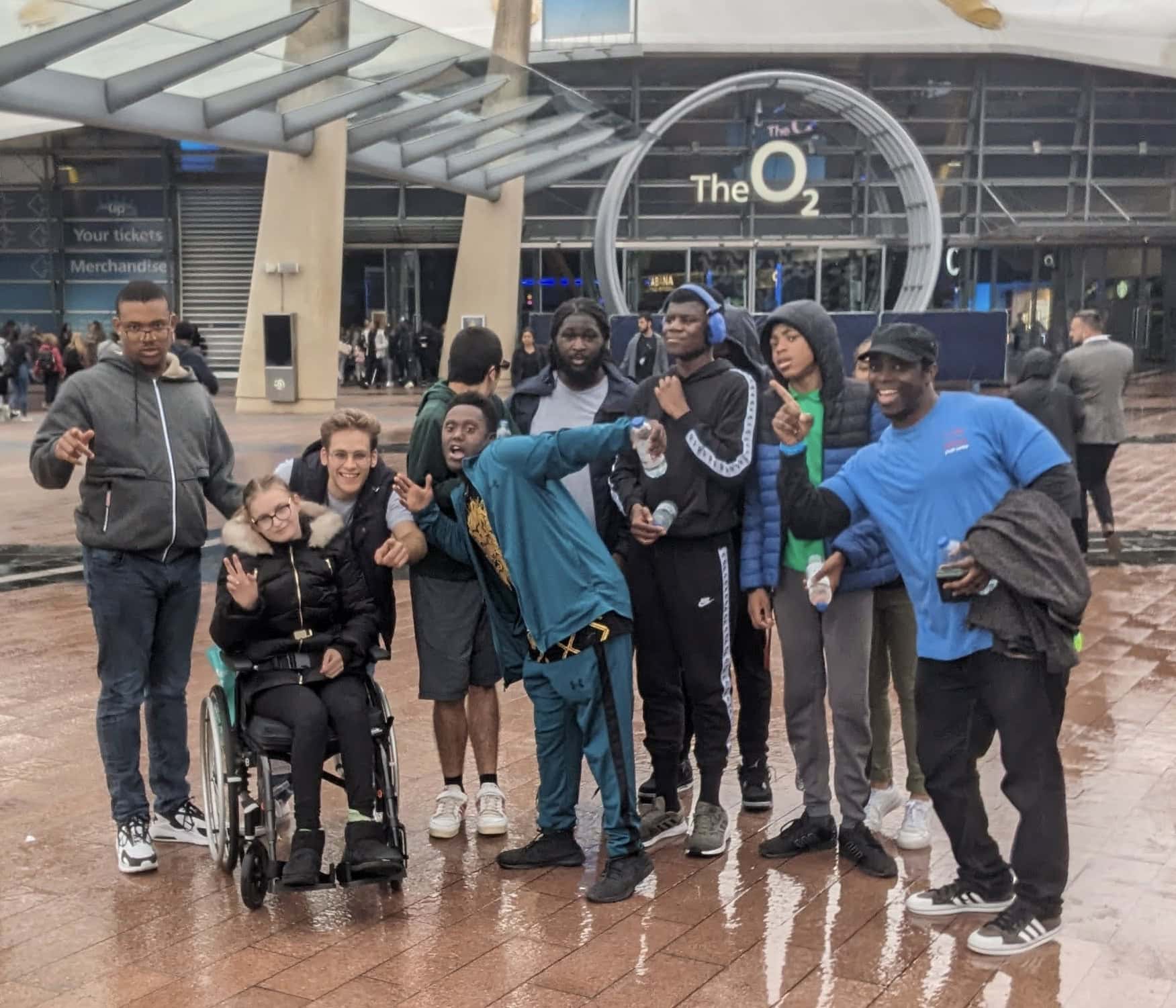Water and Sanitation for schools – Mozambique

Charity:
Village Water
Change Begins with Safe Water: Working to support lasting, local solutions to reach everyone with water, sanitation & hygiene.
Country
Mozambique
Start Year:
2021
Run Time:
3
Participant Age:
6-11 years
Which UN SDGs?

What is Co-Funding?
Co-funding with the ALMT allows individuals, other Trusts and Foundations, and Companies to contribute funds directly to individual, vetted and approved, project partnerships. With fifteen years of experience awarding grants and working in partnership with children’s organisations around the world, the ALMT is best placed to support you in your philanthropy.
Many schools in Mozambique have no safe water supply and poor or non-existent sanitation or handwashing facilities. In March 2020 the government shut all schools and only those with adequate facilities have been allowed to re-open.
This project will enable Village Water, the only provider working in the area, to work closely with local government to map the area and identify exactly where there are gaps in provision. This three-year programme will support Chimoio District water and sanitation priorities by providing solar powered systems, toilets, showers and handwashing facilities, hygiene promotion and Covid-19 messaging for approximately 8000 pupils and teachers in three schools.
The first school will be 25 de Setembro Primary School. Currently this school has no safe water point on site and water is collected over a kilometre away. Three quarters of the toilet blocks are full and not in use so open defecation is the common practice. Village Water will install a new solar powered water pump and latrines alongside a range of health promotion and hygiene activities. The project will also train a water committee to maintain the facilities in the future
The project will improve health and wellbeing, reduce absences from waterborne infections and increase girls’ attendance through washroom facilities, mentstrual health promotion and production of reusable sanitary towels. Girls’ hubs will contract specialists to discuss issues including child protection, rights, and early marriage. Building district level capacity to monitor and maintain provision will lead to more coverage, less duplication and greater sustainability in the long term.
Related Projects
- Syria
- 0
- - Complete
Alsama Project offers a world class education for young refugees
- UK
- 2025
- - 2028
The Ben Kinsella Trust is a charity that tackles knife crime through education and campaigning.
- UK
- 2025
- - 2026
The Theatre Shed is an inclusive theatre company empowering young people to embrace their unique voices, fostering confidence and self-expression.
- UK
- 2025
- - 2026
Salmon Youth Centre aims to help build the confidence, skills and independence of young people with disabilities and to increase their access to opportunities.



